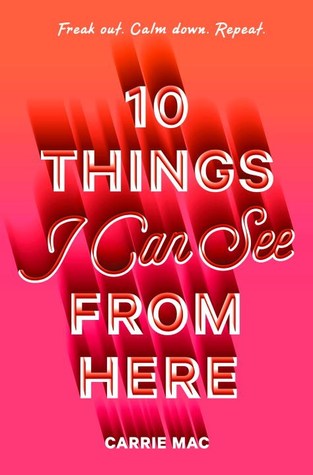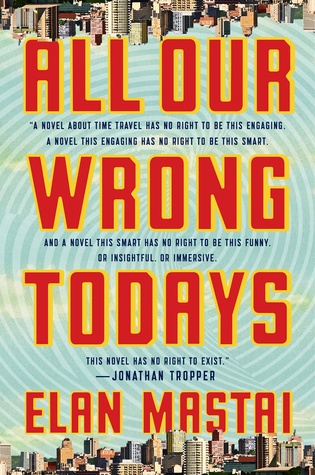
Juliet is supposed to be moving on after the death of her mother. That's what everyone around her suspects. But she can't stop visiting her mothers grave or leaving letters for her. Declan is serving his community service sentence mowing lawns at the local cemetery. When he finds a letter at the bottom of a tombstone he doesn't expect the words to hit him deep inside. Writing back was careless but it sparked a written relationship that might just be the thing to hold him together when the rest of his world is about to explode.
I am not a huge fan of books that contain letters, especially when the letters become a love story. But, I found myself loving Juliet and Declans relationship, both face-to-face and written. On the page they can be brutally, and totally honest with each other. But when face-to-face the walls they put up to protect themselves prevent them from seeing beyond the harsh reality and even harsher words they throw at each other.
Romance is not all this novel has to offer. I loved the exploration of family in this book. Supportive family relationships, family who are not as perfect as they seem, family secrets, family tragedy, family heartbreak, family that is founded outside of blood, family found in friendship brotherhood/sisterhood.
Letters to the Lost is a touching romance (a little too cliché at times), about finding hope and safety in starting over.
I give this book a 4 out of 5 stars.
Special thanks to NetGalley and the Publisher for the copy!


